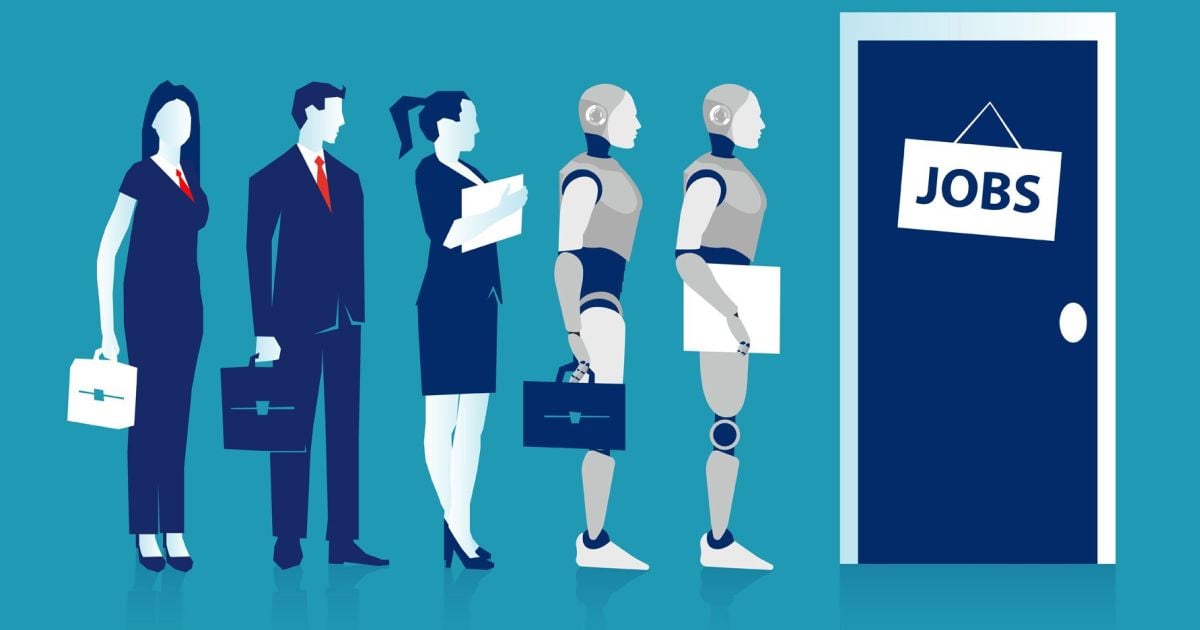As the debate over artificial intelligence and its impact on technology jobs gathers momentum, the actions of key industry players, such as the AI-Enabled ICT Workforce Consortium, shed light on their intentions towards the future workforce. In this column, we delve deeper into the consortium’s efforts to understand the effect of AI on specific technology jobs and the significance of their choices.

The uncertainty surrounding AI’s influence on jobs remains palpable. Recent studies warn of potential job losses in industries as diverse as tax preparation and graphic design, with UK reports estimating a worst-case scenario of 8 million job displacements. However, others argue that AI and automation will lead to new opportunities and augmented human capabilities.
One group striving to make sense of the situation is the AI-Enabled ICT Workforce Consortium, led by Cisco, IBM, Microsoft, Intel, SAP, and Accenture. Their ambitious goal is to investigate the impact of AI on technology jobs and assist individuals in finding AI-related learning opportunities. While laudable, it’s crucial to examine the consortium’s rationale for focusing on specific job roles.
So, which technology jobs is the consortium examining in its first phase of research, and what factors influenced their selection? The consortium has been evasive about sharing detailed information, only stating that these roles were chosen for their strategic significance in the broader ICT ecosystem and AI’s impact on tasks.
This ambiguity fuels questions about the consortium’s priorities. Are they tackling jobs with a significant impact on the labor market, such as customer service representatives or tax preparers, or focusing on more strategic roles due to their perceived importance? Transparency about their decision-making process is essential to build trust and confidence in their undertakings.
Moreover, the consortium’s opacity raises concerns over any implicit biases or selective focus. If their choices are perceived as favoring specific groups over others, it could undermine public trust in the consortium’s intentions and detract from their efforts to foster an informed debate on the future of technology jobs.
Ensuring a sincere and open dialogue about the impact of AI on technology jobs is essential, and the AI-Enabled ICT Workforce Consortium holds a pivotal position in this discourse. By being transparent about their research focus and the reasoning behind their choices, the consortium can build strong relationships with stakeholders and contribute to a more nuanced understanding of the future of work.
The role of AI in reshaping technology jobs continues to generate heated discussion. The AI-Enabled ICT Workforce Consortium, as a key industry initiative, offers valuable insights into the challenges and opportunities presented by AI. However, their success hinges on their commitment to transparency and open dialogue. Only by fostering an honest conversation around the roles and industries most affected by AI can we equip the workforce with the knowledge and skills required to navigate the future of technology and artificial intelligence.

